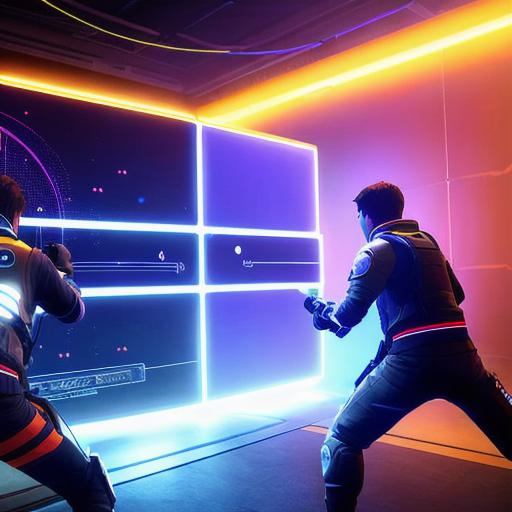Hi there, web developer! Today we’ll explore how you can harness the power of C to create engaging and interactive games using Unity. Let’s dive right in.
What is Unity and Why Use C?
Unity is a versatile game engine used for creating 2D, 3D, VR, and AR experiences. It supports C as its primary scripting language, offering numerous advantages such as object-oriented programming, garbage collection, and strong community support.
Getting Started with Unity and C
To begin your Unity game development journey, download the free version of Unity Hub and install the desired engine version. Next, create a new project and write your first script in C using Visual Studio or the MonoDevelop IDE.
Exploring Key Features of C in Unity
-
Game Objects: Create dynamic game objects using classes and methods to manipulate their properties.
-
Component-based architecture: Attach components to game objects, such as Rigidbody for physics or MeshFilter for rendering meshes.

-
Events: Use events to handle user input, collisions, and other interactions.
-
Built-in data structures: Leverage Unity’s built-in data structures like arrays, lists, and dictionaries for efficient data handling.
**Example: Creating a Simple Game Object**
using System.<h2>Collections;</h2>
using UnityEngine;
public class MyGameObject : MonoBehaviour
{
public int score 0;
void OnTriggerEnter(Collider other)
{
if (other.CompareTag("Coin"))
{
Destroy(other.gameObject); // destroy coin on collision
score + 10; // increase score by 10
}
}
}
**Conclusion: Expanding Your Web Developer Skills**
By learning C for Unity game development, you’ll not only enhance your web development skills but also expand into the exciting world of game creation.
